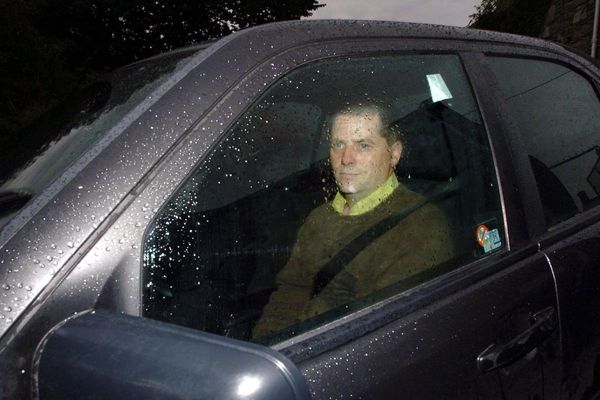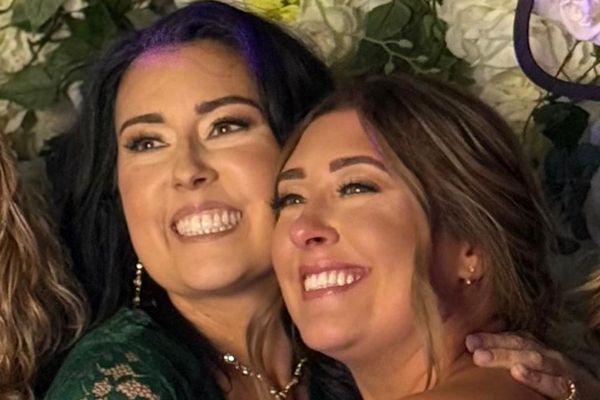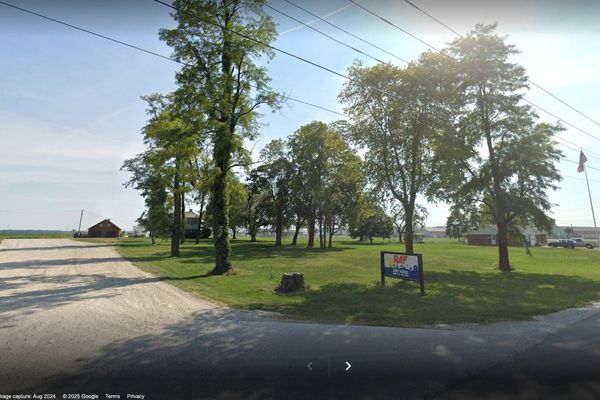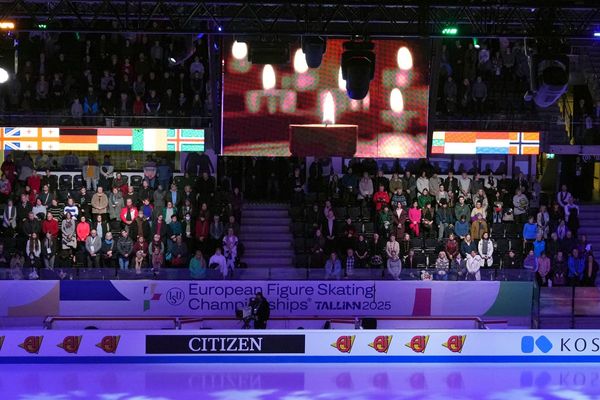
Last week, I returned from a trip to Israel. I’m aware it might appear peculiar that I opted to visit during the ongoing conflict, but my sister, who lives there, was getting married. Choosing to make the trip wasn’t a straightforward decision. What happens if I was there and the feared regional war broke out? I wrestled with the decision for a few weeks before ultimately opting to embark on the journey at the eleventh hour.
I’ve been to Israel many times before; I speak fluent Hebrew, which I learnt at a Jewish day school in Melbourne, and I spent a gap year after high school living in Jerusalem. I know that many Australians perceive Israel to be an inherently dangerous destination, but I’ve never felt that way. Nevertheless, as I prepared for my first return trip there in almost a decade, I found myself harbouring some apprehension about the upcoming journey.
The first sign that this trip would be different immediately greeted me upon my arrival at Ben Gurion Airport in Tel Aviv. Alighting from my plane, the long ramp into the airport arrivals hall was decked out in rows and rows of posters. Each poster had the face of an Israeli hostage currently being held in Gaza since October 7. In the week I spent in Israel, I became intimately familiar with these faces.
Across Israel, on every street corner and at every bus stop there are massive billboards with faces of the 130+ Israeli hostages. While outside of Israel, the main story in international media is the high civilian death toll in Gaza; within Israel itself, the hostages take centre stage and are everywhere. From bumper stickers on cars, to posters on people’s balconies, it’s impossible to go anywhere without seeing the faces of Israel’s hostages.
I spent all of my seven-day trip in Jerusalem. At first, I was surprised by how normal it felt. All the bars and restaurants were full. The main market in Jerusalem, Machane Yehuda, and the shops and streets were bustling.
Yet the conversations I was having with people were anything but normal. “Sorry I’m running late,” said one of my Australian friends who now lives in Israel. “I just returned from a shiva call for a soldier that was killed in Gaza. His wife is now a widow, and our three kids are the exact same age and go to kinder together,” she said, referring to the seven-day mourning period when Jews receive visitors to comfort them for a death.
“At the shiva, some of the mothers were discussing how to talk to their children now that their kinder classmates no longer have an abba,” she said, using the Hebrew word for dad.
The beautician at my sister’s wedding told me that she had 60 guests at her wedding. “Oh,” I said, surprised. “Did you get married during COVID?”
“No,” she said. “I got married two months ago, and the wedding halls in Jerusalem could only have the exact number of guests that could fit into the bomb shelter, in case rockets were fired, and that number included the staff, so we could only have 60 guests.”
In Jerusalem, a city home to hundreds of thousands of Jews and Muslims, there is no religious barrier to the suffering that people have experienced since the war began.
A Muslim taxi driver, Murad, told me that in the two months following October 7, he did not earn a single shekel because Jewish Israelis wouldn’t accept his car on rideshare apps when they saw his Muslim name. “I don’t care about any of this politics,” he told me as we chatted in Hebrew together. “I want to live my life and this situation makes it unbearable.”
Many people thanked me for visiting the country. “Thanks for coming to Israel during this time. It’s tough, but we love to see tourists,” said a vendor at Israel’s National Museum. Meanwhile, a ticket inspector on Jerusalem’s light rail expressed his displeasure with me for forgetting to validate my train ticket, but unexpectedly he decided not to issue me a fine, noting that he hadn’t encountered a tourist on Israeli public transport in quite some time.
While riding in the car with a Jewish taxi driver, he inquired about my sense of security in Australia as a Jew. He pointed out that Israeli television frequently broadcasts ongoing protests against Israel, and he had seen news reports about Australia. I assured him that I felt safe.
Although I anticipated the ongoing conflict in Gaza to dominate conversations, I was surprised. The majority of Israelis I engaged with regarding the conflict were more preoccupied with the perceived threat from Lebanon and the apprehension of a potential regional war. Israelis are acutely aware that if the volatile situation in the Middle East erupts, the consequences for everyone in the region will be catastrophic.
Dinner discussions at restaurants and homes were a somewhat sombre affair, with some of my Israeli friends discussing the need for Prime Minister Benjamin Netanyahu to negotiate a hostage deal and end the war, “so we can have elections and kick him out of office”. With equal fire, other Israelis vehemently advocated against any sort of ceasefire. “If we do a ceasefire now, there will be more and more October 7s”. Yet another friend, who works closely with Palestinians in Jerusalem, reminded a group of us that there can be no security in Israel “as long as Gaza is under siege and Palestinians there live miserable and horrible lives”.
I mostly stayed quiet and listened.
Departing from Jerusalem after revelling in my sister’s beautiful wedding and a visit to the Western Wall, I carried with me not just memories but also a profound feeling of sorrow and yearning. As I bid farewell, my prayers resonated for peace to embrace all individuals in the region — both Israelis and Palestinians alike.







